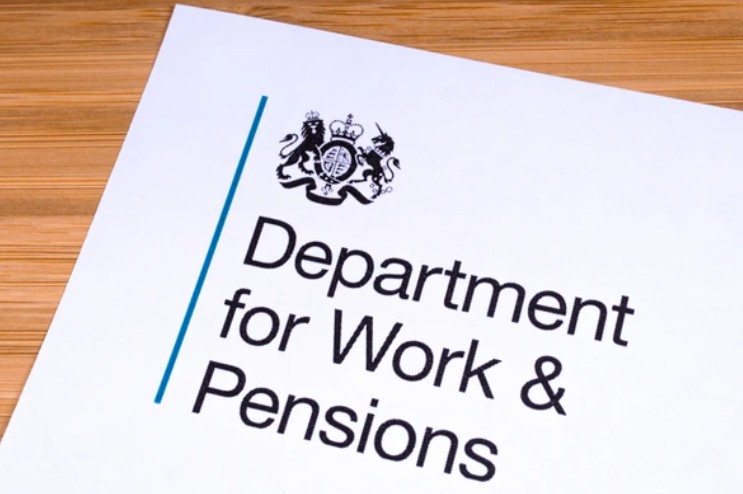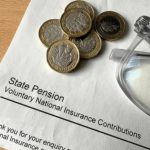Understanding Benefit Surveillance in the UK
When it comes to claiming benefits in the UK, transparency and honesty are essential. But as the Department for Work and Pensions (DWP) increases its use of data and technology to detect fraud and errors, many claimants are left asking a key question:
How often do DWP check bank accounts?
It’s a fair concern, especially for those who claim Universal Credit, Personal Independence Payment (PIP), Pension Credit, or other state benefits. You want to stay within the rules, but you also deserve to understand how much oversight is involved.
In this blog post, we’ll explore the facts about DWP’s powers, what they can and can’t see, how often checks happen, and what triggers them. Whether you’re a long-term claimant or just starting out, this guide will give you the clarity you need.
Can the DWP Access Your Bank Account?
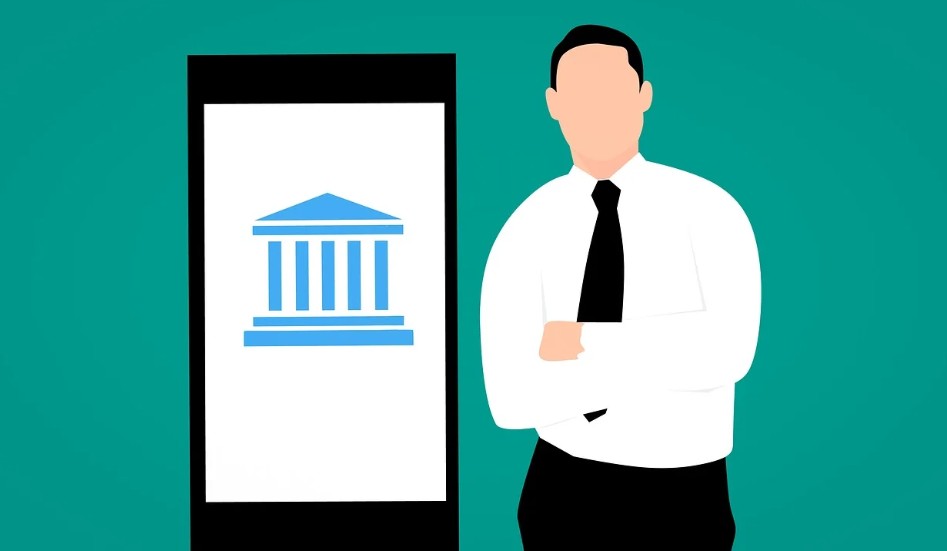
Let’s get straight to it — the DWP does not have blanket access to your bank account.
They cannot freely log in or view your transactions without very specific legal permissions. However, under the Social Security Administration Act 1992, and more recently, proposals under new fraud legislation, they do have powers to request financial data under certain conditions.
What this means is:
- The DWP can request information from your bank or building society, but only if they suspect fraud or if there’s a legitimate reason to investigate.
- They cannot monitor your bank account continuously without cause.
- You will typically not be notified in advance if your data is being requested, but it will only be accessed as part of a formal investigation.
So while routine, random checks into everyone’s accounts are not currently the norm — targeted checks absolutely do happen.
How Often Does the DWP Check Bank Accounts?
There’s no set schedule — DWP doesn’t carry out routine, periodic checks on all bank accounts.
However, here’s how often or under what circumstances checks might happen:
1. When You Make a New Claim
At the start of a benefit claim, you’ll be asked to declare savings, income, and assets. While DWP won’t typically check your bank at this stage, they can verify your information through cross-checks with:
- HMRC data
- National Insurance records
- Credit reference agencies
If there’s a discrepancy or a red flag (like a recent lump sum), this could trigger a deeper financial review.
2. During Routine Reviews or Renewals
For long-term benefits like ESA or Pension Credit, the DWP may carry out periodic reviews. These may involve a questionnaire or an in-person interview. If anything seems unusual, such as a sudden drop in reported income or undeclared changes, further checks may include requesting bank data.
3. If a Fraud Investigation Is Opened
This is the most likely time the DWP will check your bank account. If they receive a tip-off or your account activity doesn’t align with your declared circumstances, they can:
- Open a formal fraud investigation
- Request data from financial institutions
- Freeze payments temporarily
Investigations can be triggered by anonymous reports, computer algorithms, or inconsistencies in your file. In such cases, the DWP may examine several months of bank statements to track spending and savings.
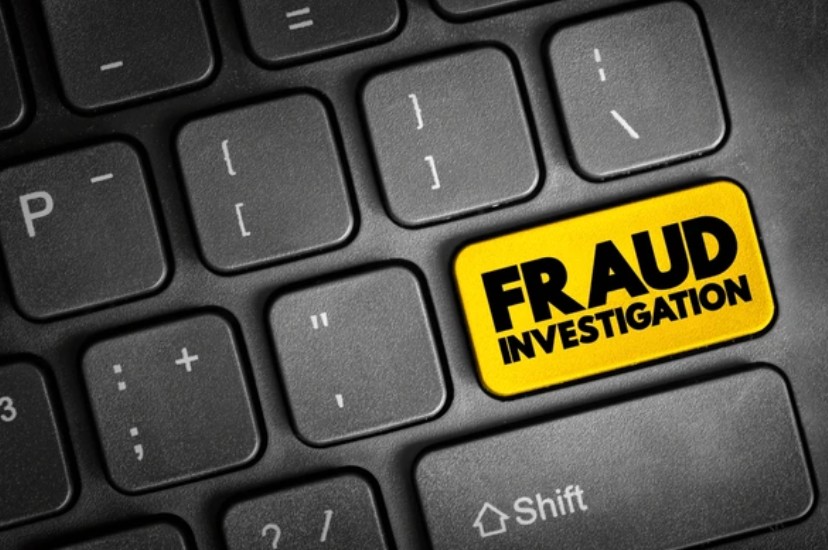
4. Via the New Powers Proposed in the Data Sharing Bill
As of 2024 and moving into 2025, new anti-fraud legislation being discussed could expand DWP’s authority even further. These proposals include:
- Allowing DWP to automatically check bank accounts for red flags, like having over £16,000 in savings
- Giving banks a legal duty to report suspicious patterns
While not yet fully implemented, these changes signal a major shift in how often and how easily DWP may access banking data in the future.
What Exactly Are They Looking For?
When DWP checks bank accounts, they are looking for signs that your financial reality doesn’t match what you’ve declared.
Here are the most common issues that raise suspicion:
- Large unexplained deposits (e.g., a £5,000 payment that doesn’t match declared income)
- Regular income from undeclared work or self-employment
- Savings exceeding thresholds (e.g., over £6,000 for Universal Credit or £16,000 for Income-based JSA)
- Ownership of additional property or investments
- Spending habits that don’t align with reported hardship
It’s important to note: they’re not checking to shame or spy — they are assessing whether your benefits claim is consistent with your financial behaviour.
Will You Be Notified If Your Account Is Checked?
In most cases, you won’t be told in advance that your bank data is being reviewed. Investigations are typically confidential, especially where fraud is suspected.
However:
- If an official review is opened, you may be contacted by a caseworker.
- You will usually have an opportunity to explain any unusual transactions.
- If benefits are suspended, DWP must notify you in writing with a reason.
Being contacted doesn’t always mean you’re in trouble, but it’s crucial to respond promptly and truthfully.
What Happens If the DWP Finds a Problem?
If your bank account shows financial activity that contradicts your claim, the DWP may take the following actions:
- Recalculate or stop your benefit payments
- Ask for repayment of any overpaid funds
- Apply financial penalties if there was intentional deception
- Pursue legal action in cases of serious fraud, including fines, prosecution, or imprisonment
If you believe a mistake has been made, you have the right to appeal decisions or request a mandatory reconsideration.
How to Stay Compliant and Avoid Issues?
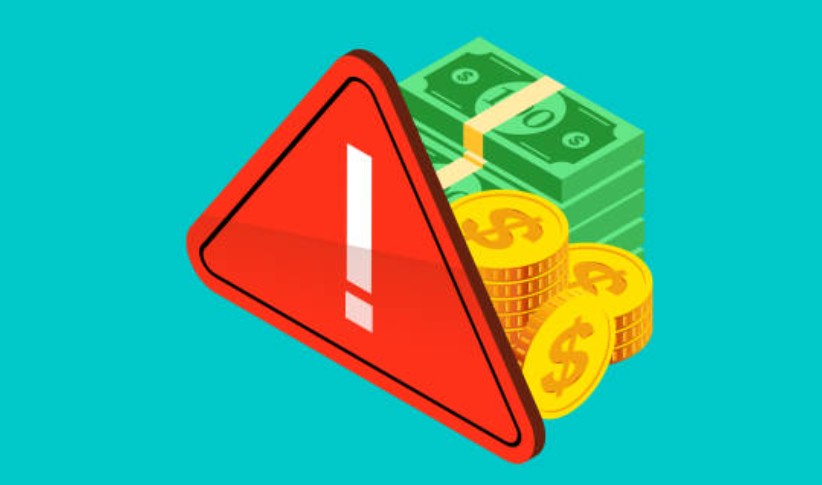
The good news is that most people who claim benefits do so honestly, and the DWP is not looking to punish innocent mistakes. However, it’s important to protect yourself by staying transparent.
Here’s how:
- Declare all income and savings — even if it’s temporary
- Update your circumstances promptly (e.g., moving in with a partner, receiving an inheritance)
- Keep copies of all letters, payments, and receipts
- Don’t hide money in someone else’s name — the DWP can trace associated accounts in investigations
A simple oversight can lead to overpayment and financial stress, so take time to regularly review your benefit declarations.
Looking Ahead: The Future of DWP and Financial Monitoring
The UK government is investing heavily in data-led fraud detection systems. This includes AI-powered tools, automated alerts, and expanded powers under the proposed Data Sharing Bill.
These tools could make it easier — and more frequent — for the DWP to:
- Automatically cross-check bank activity
- Receive alerts from financial institutions
- Investigate claimants without needing suspicion first
If passed, these powers may change the frequency and scope of DWP checks shortly — moving from reactive investigations to proactive, automated surveillance.
While it remains to be seen how extensively these tools will be used, the message is clear: benefit claims must reflect financial truth.
Final Thoughts: What You Should Take Away
So, how often do DWP check bank accounts?
Not routinely — but they absolutely can and do, especially if there’s a reason to suspect fraud or discrepancies in your financial situation.
Here’s the summary:
- The DWP can access your financial data with legal authority.
- You won’t be checked regularly unless something triggers it.
- Upcoming changes may increase how often banks share data with the government.
- Being honest, thorough, and prompt with updates protects your claim and your peace of mind.
Transparency is your best safeguard. You don’t need to worry if you follow the rules — but being informed helps you stay ahead of policy changes and protect your financial future.
Stay Updated with UKNewsBlog.co.uk
At UK News Blog, we break down complex policies into clear, readable information for real people in the UK. If you want more trusted updates on benefits, cost-of-living changes, and personal finance tips — bookmark our site and subscribe to our free newsletter.
Your benefits. Your rights. Your future — informed.



